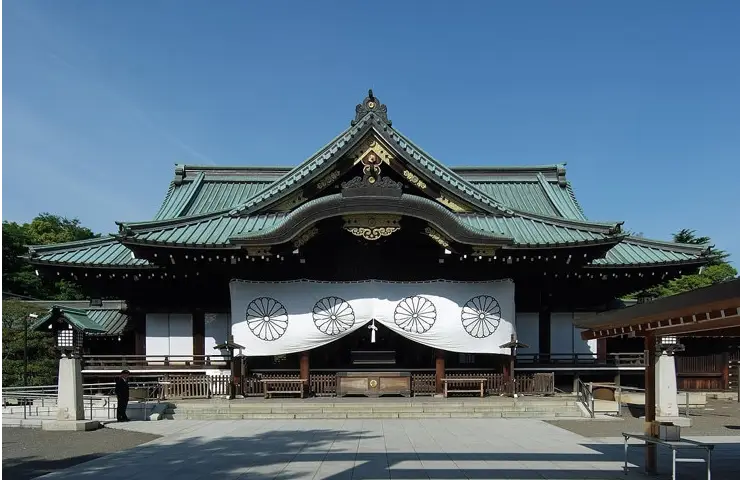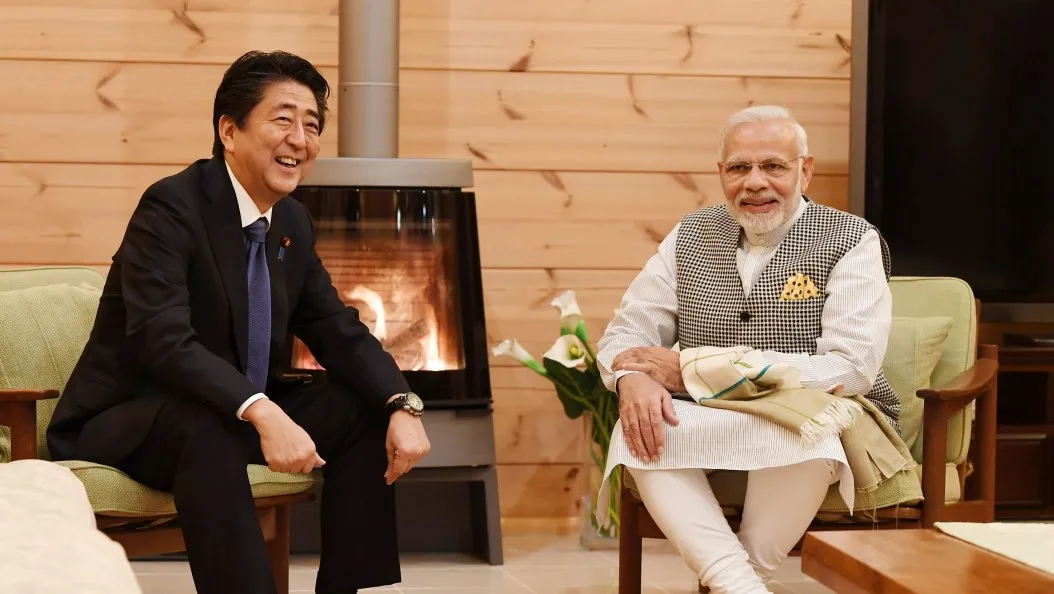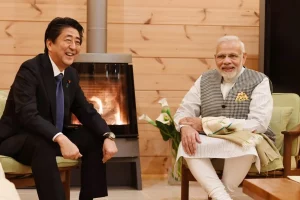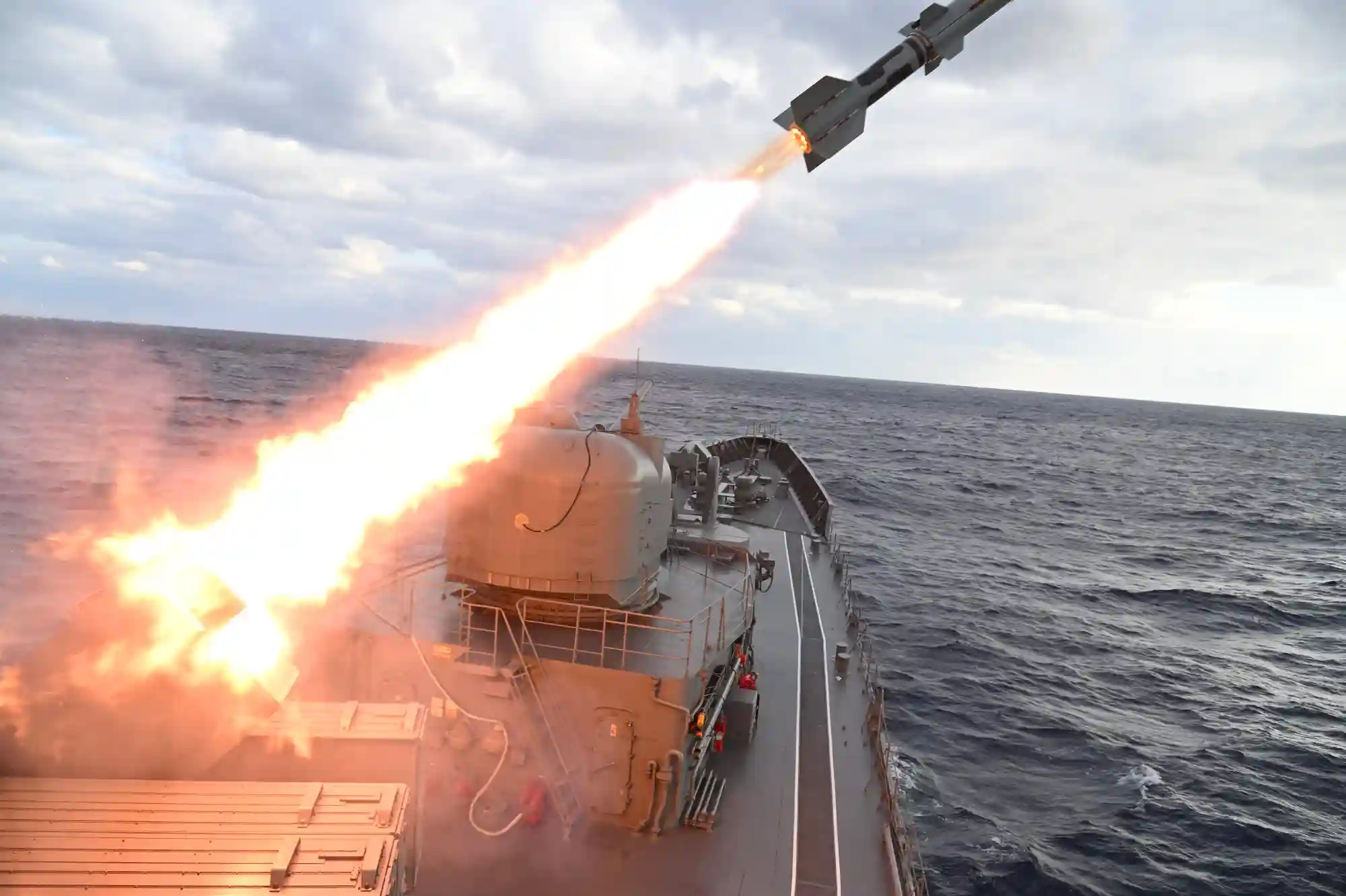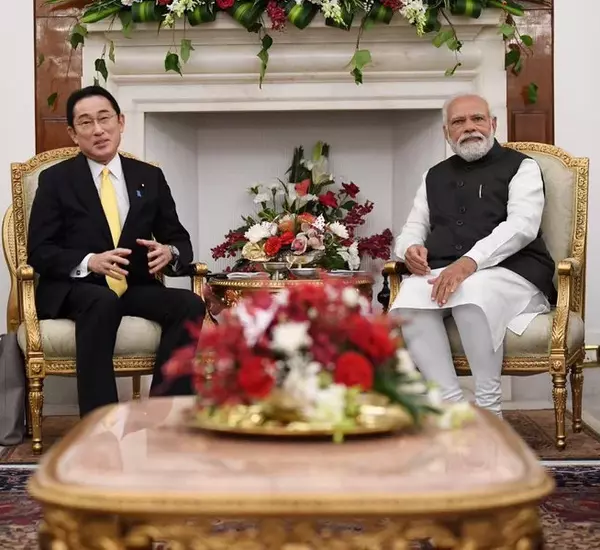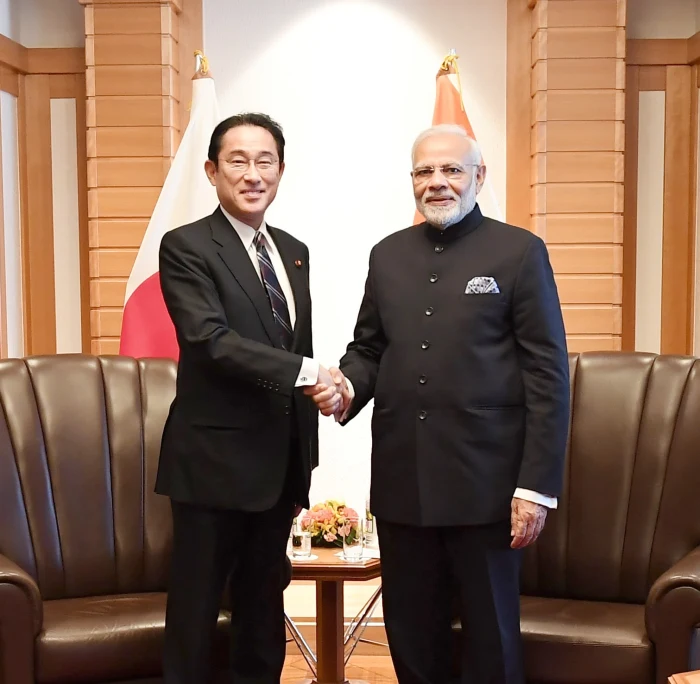Japanese Prime Minister Fumio Kishida sent a ritual offering to Yasukuni, a controversial Shinto shrine in Tokyo on Sunday, but stopped short of visiting the site. Many nations view the shrine as a commemoration to war and Japan's militaristic past.
The "masakaki" tree offering was made under his name as the shrine's biannual festival remains open till Monday. The three-day festival has been curbed to two days to prevent the spread of the covid pandemic.
According to Kyodo news agency, Kishida–who had taken over as the Japanese Prime minister from his predecessor Yosihide Suga earlier this month, does not plan to visit the shrine during the two-day autumn festival.
However, his predecessor Suga visited the shrine on Sunday. The former prime minister justified his visit by telling the media: "I came here as a former prime minister".
In his short one-year tenure as prime minister, Suga had avoided visiting the shrine and had sent ritual offerings for the biannual festivals.
The Yasukuni shrine, which honours convicted war criminals along with more than 2.4 million war dead, has created bad blood whenever Japanese leaders and other eminent people made visits.
The most vociferous protests have come from China and South Korea who feel that the shrine is a legacy of its wartime past and Japan may again take recourse to similar aggressive actions in the future.
This August, a small furore erupted as three ministers of then prime minister Suga's cabinet visited the shrine. Apart from the minister, former prime minister Shinzo Abe too visited the shrine, immediately after which South Korea and China issued protests. The South Korean foreign ministry had even called the Japan ambassador to lodge its protest.
Japan is currently in an election mood as the country goes to elections by October-end. Kishida had dissolved the lower house on Thursday for the elections.
After AUKUS, Japan debates if it too should have nuclear-powered submarines






